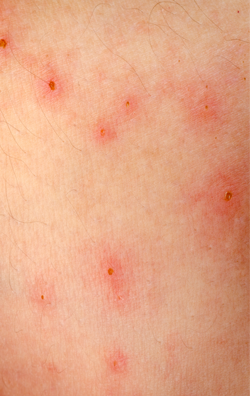
As per, the research released in the journal Science Translational Medicine; Chinese scientists have discovered that improving amounts of healthy proteins in sperm may well develop male fertility. Researchers discovered that the simple protein, known as human beta-defensin 1 (DEFB1), generates a protection around the sperm to fend off virus, bacteria as well as fungi when sperm moves via the reproductive path.
The study, by the Chinese University of Hong Kong as well as Shenzhen Second People's Hospital, may perhaps offer a whole new approach to deal with man infertility connected with weak sperm motility as well as genital area contamination. Chen Xiaozhang, who is attached to the Chinese University of Hong Kong as a professor expressed that the protein DEFB1, which is found in numerous regions of the body has never been researched for regulating men’s fertility.“Our earlier research has discovered a sort of defensin from rat could affect sperm motility; as a result, we would like to discover precisely how man defensins function," Chen was cited as stating by the government managed Xinhua news agency.
Infertility influences ten to fifteen percent of young couples around the world, as well as men infertility leads to around fifty percent of those infertile instances. Lowered sperm motility, also referred to as asthenozoospermia, is an accepted reason for infertility as well as makes up around eighteen percent of the men infertility instances. Leukocytospermia, that is associated with seminal region contamination, is yet another prevalent reason for infertility. The difficulty is noticed at around eleven percent of infertile men victims.
In the research, Chen as well as his fellow workers investigated one hundred ninety normal persons as well as 325 infertile males with both asthenozoospermia and Leukocytospermia. The scientists discovered that DEFB1 can cause a cover against viruses, bacteria as well as fungi around individuals’ sperms when they go via the reproductive region.
Additionally, the simple protein can easily help enhance sperm motility. Nevertheless, the volume of DEFB1 in sperm from infertile males with any one Leukocytospermia or even asthenozoospermia is significantly reduced as compared to that in regular fertile sperm. Additionally, in-vitro fertilisation clinical study revealed that sperm medicated with recombinant DEFB1, a portion of the regular DEFB1 healthy proteins, offers enhanced motility, operating antimicrobial safeguards as well as improved egg-penetrating capability. Chen claimed that their research recommends a satisfactory and beneficial way to cure men infertility. However, even more research needs to be done to figure out their safety in people.





